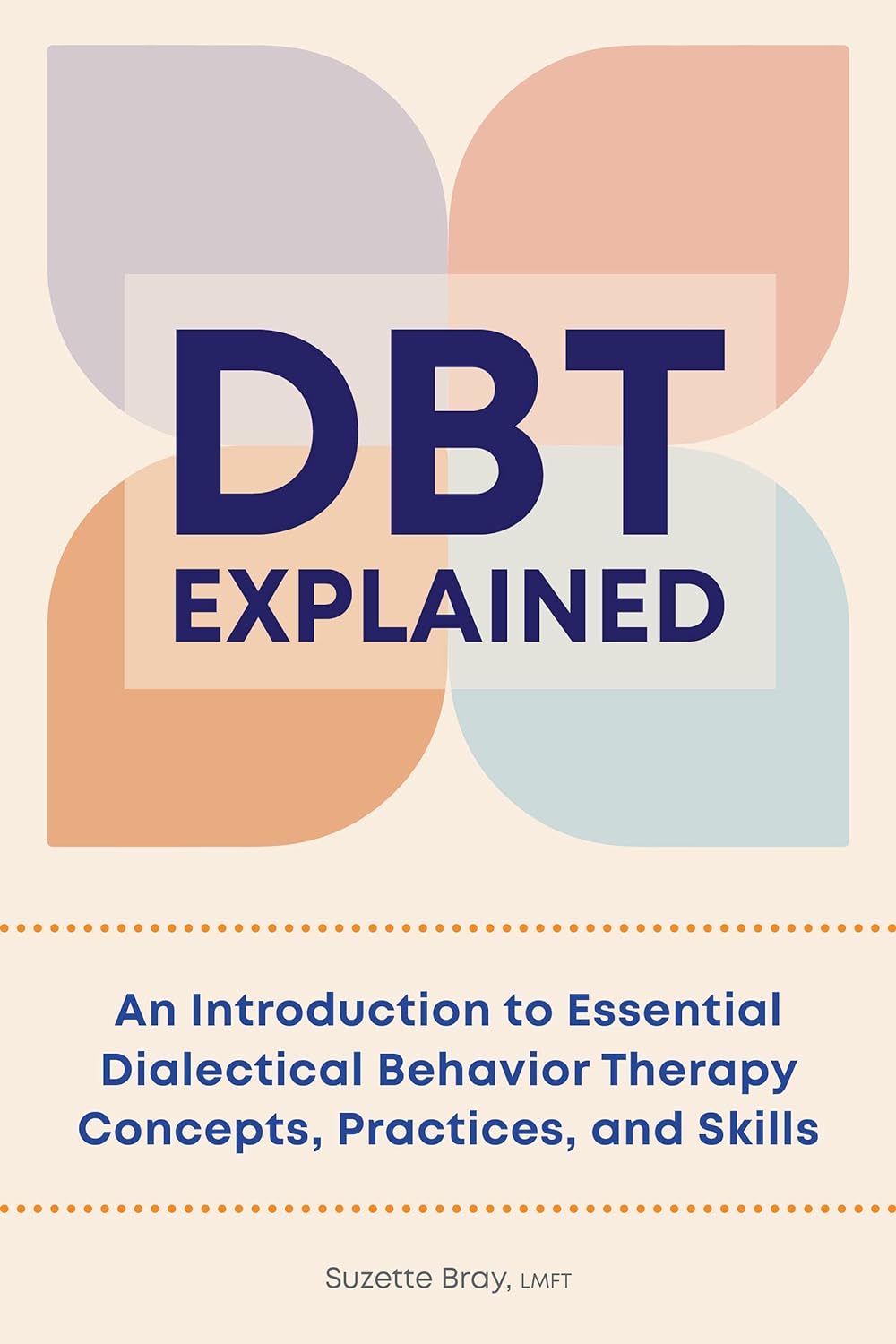Empowerment Through DBT London: Structure Strength, Searching For Balance
Empowerment Through DBT London: Structure Strength, Searching For Balance
Blog Article
Equipping People Through Efficient Dialectical Behaviour Therapy (DBT) Providers: Building Stronger Mental Health And Wellness Foundations
In the realm of mental health and well-being, the importance of empowering individuals through effective Dialectical Behaviour Treatment (DBT) solutions can not be overemphasized (DBT London). By concentrating on the core principles of DBT, such as improving emotional regulation abilities, boosting social efficiency, developing distress tolerance techniques, and cultivating mindfulness techniques, people can begin on a journey towards structure more powerful mental health structures.
Comprehending the Core Principles of DBT
To grasp the significance of Dialectical Behavior Treatment (DBT), it is crucial to understand the foundational concepts that underpin this restorative approach. DBT integrates basic cognitive-behavioral strategies with ideas of distress tolerance, mindfulness, and approval. The key objective of DBT is to help people construct a life worth living by balancing change with approval. This equilibrium is attained through the dialectical philosophy, which highlights the integration of relatively opposite concepts like acceptance and adjustment.
One core concept of DBT is validation. Therapists using DBT recognize the individual's feelings and actions as valid actions to their setting. This validation assists construct a solid healing alliance and urges patients to work towards modification. Another fundamental element is dialectics, which educates people to check out scenarios from several viewpoints and find the synthesis in between contradictory ideas or feelings.
Furthermore, the idea of dialectical abstinence is central to DBT. This principle motivates individuals to abstain from self-destructive habits while also accepting themselves. By recognizing and including these core principles, therapists can efficiently execute DBT strategies and assistance people in their journey in the direction of emotional regulation and psychological wellness.
Enhancing Psychological Policy Abilities
Creating efficiency in managing feelings is an essential aspect of promoting emotional health and interpersonal effectiveness. Enhancing psychological law skills is a core part of Dialectical Practices Treatment (DBT) that outfits people with the devices to navigate intense emotions in a healthy and useful way. Through DBT, individuals learn to identify, comprehend, and control their emotions, resulting in improved mental wellness outcomes.
DBT highlights the value of mindfulness, which includes existing in the moment without judgment. This method permits individuals to observe their emotions without coming to be bewildered by them, improving their ability to respond successfully as opposed to react impulsively. By growing mindfulness, people can establish a greater feeling of self-awareness and psychological control.

Improving Interpersonal Effectiveness
Having developed a solid structure in emotional policy skills within the framework of Dialectical Behaviour Treatment (DBT), the emphasis now shifts towards boosting social performance. Improving social effectiveness is an important component of DBT as it equips people with the essential skills to navigate social communications, connect successfully, set boundaries, and construct healthier relationships.
In DBT, social efficiency skills are taught via modules that concentrate on locations such as assertiveness, efficient communication, and social problem-solving - DBT London. By finding out these abilities, individuals can boost their capability to express their needs and needs, preserve self-regard, and construct more powerful connections with others


Building Distress Tolerance Techniques
Checking out effective approaches for handling emotional distress is necessary for individuals looking for to improve their coping skills and strength. Building distress resistance techniques is a crucial facet of Dialectical Behaviour Treatment (DBT) that equips people to navigate tough emotions without becoming overloaded.
Furthermore, mindfulness techniques play a considerable duty in building distress resistance. Mindfulness encourages people weblink to remain present in the minute without judgment, enabling them to observe their ideas and emotions without responding impulsively. This awareness allows individuals to tolerate distress extra efficiently and create a greater sense of control over their feedbacks.
In enhancement to these methods, producing an individualized distress tolerance plan with the assistance of a trained therapist can supply people with a tailored method to taking care of psychological distress. By incorporating these methods right into day-to-day life, individuals can enhance their psychological wellness structures and enhance their overall wellness.
Cultivating Mindfulness Practices
To strengthen their distress resistance strategies better, people can concentrate on cultivating mindfulness practices as a complementary technique within the structure of Dialectical Practices Treatment (DBT) Mindfulness, a vital part of DBT, entails paying attention to today moment without judgment. DBT London. By fostering mindfulness, individuals can enhance their awareness of thoughts, emotions, and bodily sensations, promoting a deeper understanding of themselves and their experiences
Mindfulness practices in DBT include strategies such as conscious breathing, body scans, and observing ideas without add-on. These techniques motivate individuals to develop a non-reactive stance towards their internal experiences, enabling them to reply to challenging scenarios with greater clearness and calmness. By integrating mindfulness right into day-to-day routines, individuals can learn to control their emotions much more effectively, decrease impulsive habits, and grow a feeling of inner tranquility.
With cultivating mindfulness practices, people undergoing DBT can build a strong foundation for taking care of tension, boosting relationships, and boosting general well-being. By incorporating mindfulness into their healing journey, people can develop important abilities that encourage them to browse life's obstacles with durability and self-awareness.
Final Thought
In conclusion, efficient Dialectical Behavior Treatment (DBT) services play a crucial function in empowering people to build more powerful psychological health structures. By recognizing the core principles of DBT, improving psychological guideline skills, enhancing social performance, developing distress resistance techniques, and cultivating mindfulness practices, people are outfitted with the needed devices to browse their emotions, connections, and challenges in a much more resilient and adaptive fashion. DBT solutions offer a comprehensive approach to advertising psychological wellness and empowering people to lead fulfilling lives.
By concentrating on the core principles of DBT, such as enhancing emotional guideline skills, webpage boosting social efficiency, developing distress tolerance methods, and cultivating mindfulness practices, individuals can embark on a trip towards building pop over to these guys more powerful psychological health structures. Enhancing emotional guideline skills is a core element of Dialectical Behaviour Therapy (DBT) that outfits people with the devices to navigate intense emotions in a healthy and balanced and constructive way.In addition, DBT educates sensible skills such as distress resistance and feeling policy methods to aid individuals take care of difficult feelings.To strengthen their distress tolerance methods better, people can concentrate on cultivating mindfulness practices as a corresponding strategy within the framework of Dialectical Behaviour Treatment (DBT) By comprehending the core concepts of DBT, enhancing emotional law abilities, improving interpersonal performance, developing distress tolerance methods, and cultivating mindfulness practices, individuals are equipped with the essential devices to browse their emotions, connections, and difficulties in a more durable and adaptive fashion.
Report this page